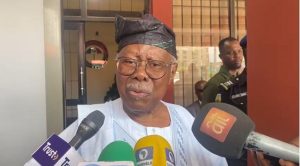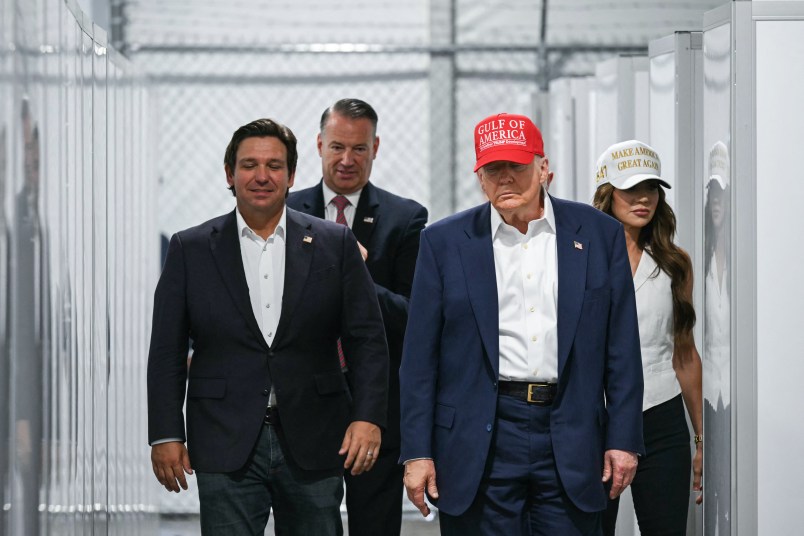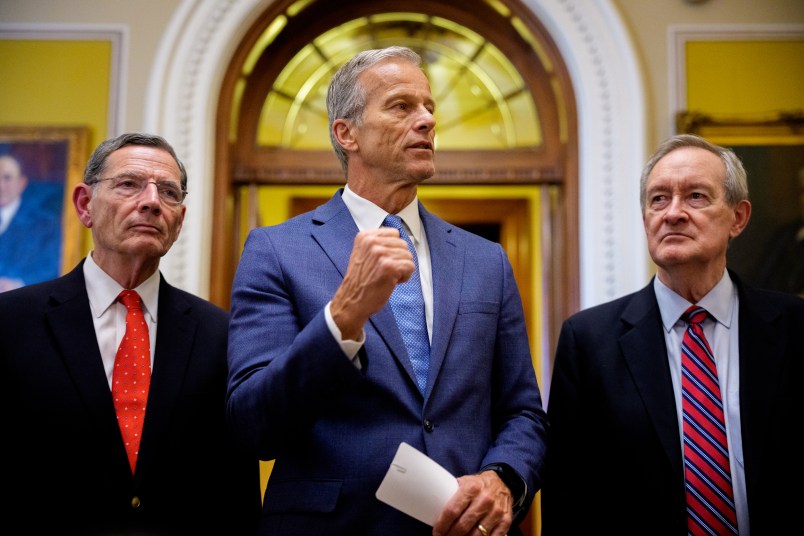
Nigeria’s newly elected president, Bola Ahmed Tinubu, faces a daunting set of challenges as he prepares to take office. The country is grappling with a range of complex issues, from corruption and economic inequality to insecurity and social unrest.
Tinubu’s success as a leader will depend on his ability to navigate these challenges and to deliver on his promises to the Nigerian people.

One of the biggest challenges facing Tinubu is corruption. Nigeria has long struggled with corruption at all levels of government, and it has had a devastating impact on the country’s economy and social fabric. Tinubu has promised to tackle corruption head-on, but doing so will require a sustained and coordinated effort across all branches of government. He will need to strengthen anti-corruption agencies, hold public officials accountable for their actions, and create a culture of transparency and accountability in government.
Another major challenge facing Tinubu is insecurity. Nigeria is facing a range of security threats, from the ongoing insurgency in the northeast to rising levels of violent crime in many parts of the country. Tinubu has promised to address these challenges by investing in security infrastructure and personnel, and by working to address the root causes of insecurity, such as poverty and social inequality.Economic development is also a key challenge for Tinubu.
Nigeria is a country with enormous economic potential, but it has struggled to translate that potential into sustained growth and development. Tinubu has promised to invest heavily in infrastructure, education, and healthcare, and to create a more business-friendly environment to attract foreign investment and spur economic growth.
However, achieving these goals will require significant resources and a sustained commitment to reform.
Finally, Tinubu will need to address the social and political divisions that have long plagued Nigeria. The country is deeply divided along ethnic, religious, and regional lines, and these divisions have often been exploited by politicians for their own gain. Tinubu has promised to be a unifying force for the country, but doing so will require a delicate balancing act between different groups and interests.
Despite these challenges, there is reason for optimism about Tinubu’s presidency. He has a long track record of leadership and governance, and he has earned the trust and support of many Nigerians through his commitment to democracy and good governance.
If he can successfully navigate the challenges ahead, he has the potential to be a transformative leader for Nigeria, and to usher in a new era of prosperity and progress for this great country.






Hi there,
We run an Instagram growth service, which increases your number of followers both safely and practically.
– We guarantee to gain you 400-1000+ followers per month.
– People follow you because they are interested in you, increasing likes, comments and interaction.
– All actions are made manually by our team. We do not use any ‘bots’.
The price is just $60 (USD) per month, and we can start immediately.
If you’d like to see some of our previous work, let me know, and we can discuss it further.
Kind Regards,
Megan
Hi,
We’d like to introduce to you our explainer video service, which we feel can benefit your site paparazzipressnig.com.
Check out some of our existing videos here:
https://www.youtube.com/watch?v=zvGF7uRfH04
https://www.youtube.com/watch?v=cZPsp217Iik
https://www.youtube.com/watch?v=JHfnqS2zpU8
All of our videos are in a similar animated format as the above examples, and we have voice over artists with US/UK/Australian accents.
We can also produce voice overs in languages other than English.
They can show a solution to a problem or simply promote one of your products or services. They are concise, can be uploaded to video sites such as YouTube, and can be embedded into your website or featured on landing pages.
Our prices are as follows depending on video length:
30 seconds = $195
1 minute = $239
1-2 minutes = $339
2-3 minutes = $439
*All prices above are in USD and include a full script, voice-over and video.
If this is something you would like to discuss further, don’t hesitate to reply.
Kind Regards,
Katie